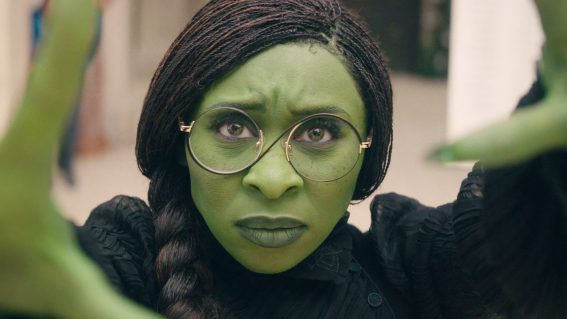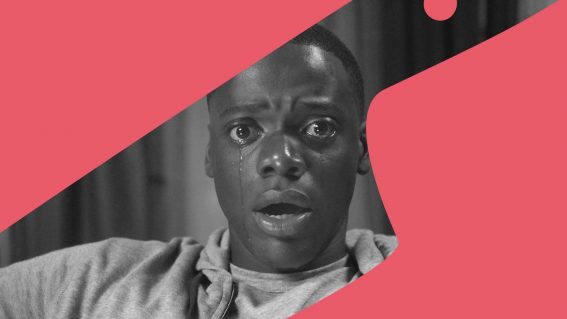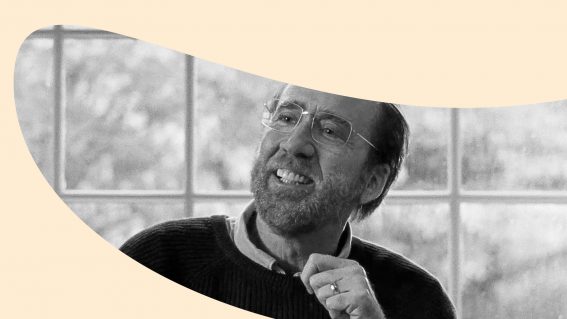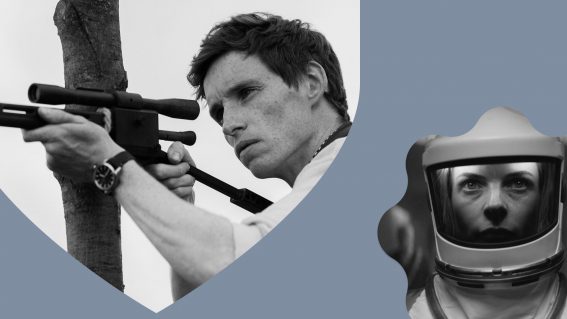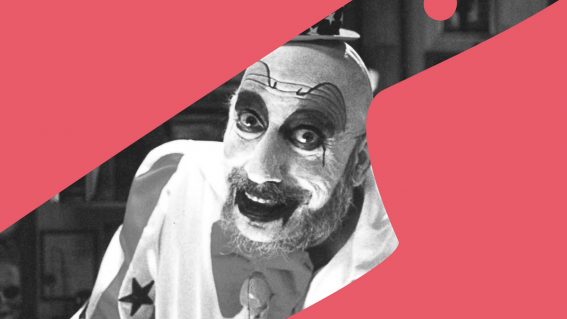For All Mankind and the appeal of alternate history dramas
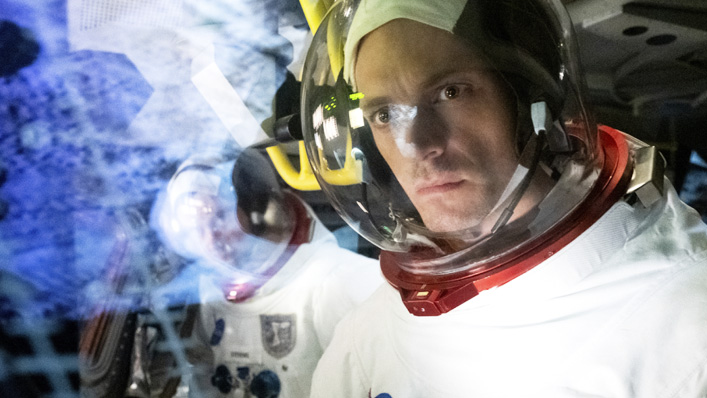
What would the world look like if the Russians had beat the Americans to the moon? Luke Buckmaster explores the Apple TV+ original series For All Mankind and unpacks the appeal of dramas based in alternate realities.
For All Mankind dramatises an old American saying: to “turn on a dime.” In this instance the dime is a big historical event – the moon landing – and the turn is a series of personal and political reactions, in an alternate reality imagined by creator and co-writer Ronald D. Moore. In this version of the world, the Soviets beat the Americans in the race to set foot on the moon – or the “Red Moon” as it is now called, after Neil Armstrong got pipped to the post and commie branding crossed the Solar System.
In the first episode, glum yanks watch one of them god darn Reds make the giant leap for mankind, which the moon-walking comrade dedicates to “my people and for the Marxist, Leninist way of life.” As part of NASA’s healing/venting process, flight crew director Deke Slayton (Chris Bauer) encourages his staff to “take the weekend to go out and get drunk, kick your dog, gnash your teeth and howl at the moon.” An average night out in Florida.
Losing the race to the moon doesn’t, we soon discover, mean losing the space race per se. It means the space race takes on different permutations; this might just be the beginning. “We may have lost the moon,” says one NASA egghead, “but we can still win the race for the base.” Nixon doubles down, unwilling to surrender, resolved that “a Red Moon isn’t something we can accept.” People such as astronaut Edward Baldwin (Joel Kinnaman) kick themselves for being beaten and ponder what went wrong. There are various kinds of fall-outs.
The show’s alternate reality will presumably become starker and more clearly delineated from actual history as its narrative progresses (I’ve watched the first four episodes). The reason I say “perhaps” is because Moore et al doesn’t throw us into the deep end of a future world where the schisms are obvious and have manifested in notable differences. Like, to use the thrillingly cerebral superhero series Watchmen as a recent example, a police force that wears disguises and a society where the internet was never invented.
Differences like these compel us to contemplate the causality of an imagined history; the ways an alternate chain of events unfolded. How did the absence, or creation of something lead to the existence (or non-existence) of something else? A show like Watchmen asks “how,” but For All Mankind is different: it is the “how,” showing us a logical progression. Rather than jumping ahead it uses September 1959 as a starting point, concentrating the drama within a specific time and place.
I was most interested in the big questions, which the series appears to be mostly unwilling to answer – such as how, decades into the future, the world might look fundamentally different in a “Red Moon” universe. The specificity of its time and place has so far accommodated inferences rather than bold projections. In the third episode it becomes clearer the kinds of social commentary the show has up its sleeve, one salient plot point involving women astronauts and, by turn, the progression of equality in the workforce.
For All Mankind arrives at a point in time in which the “what if…?” approach to history – the idea of asking what might have eventuated had human society gone a different way – particularly resonates. If you need me to suggest why, you might not be spending much time thinking about the climate crisis, or the pumpkin-coloured yeti running the White House, or the coal-loving rubes leading Australia, or any number of other contemporary situations that spell “DOOM” in big blood-dripping letters.
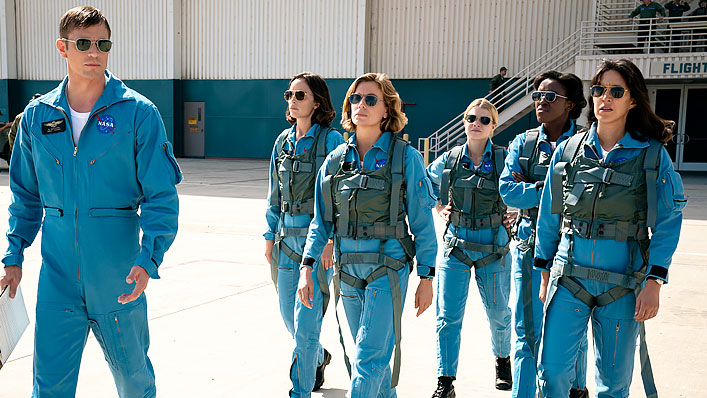
The idea of what would happen if, in an attempt to “fix” reality, the present situation became much worse has been explored in many films and TV shows. These productions reward historical tampering with dystopian visions. The Biff Tannen-led nightmare future envisioned by Back to the Future II, for example, or the various grim outcomes that eventuate after the protagonist of The Butterfly Effect tries to “fix” a traumatic incident in his childhood. It’s the Final Destination way of thinking: meddle with the intractability of fate and suffer the consequences.
For All Mankind seems to go the other way, exploring the potential benefits of a history divergent to our own. This is compelling not because it is optimistic, but rather because the series so far presents a fairly cynical view of American exceptionalism – considering issues such as the progress of women’s rights not as social inevitabilities, or outcomes achieved by purpose-driven people, but as by-products of competition between nation states.
This message will presumably be fleshed out as the running time progresses. The show is slow to make its points, but raises some interesting questions. One of the most intriguing being: would a Red Moon have made a better earth?




